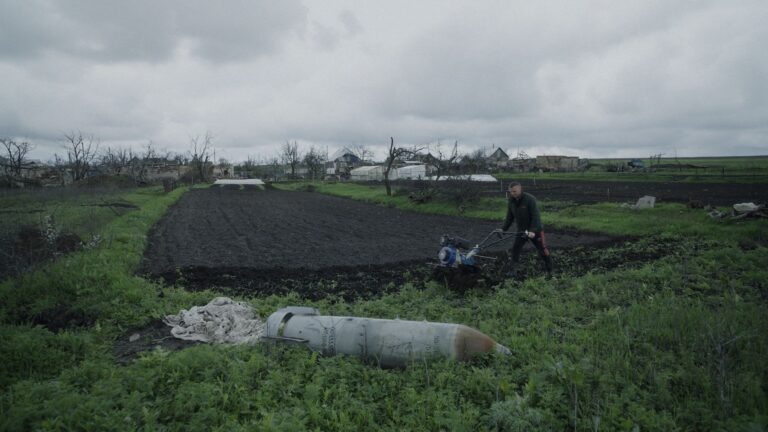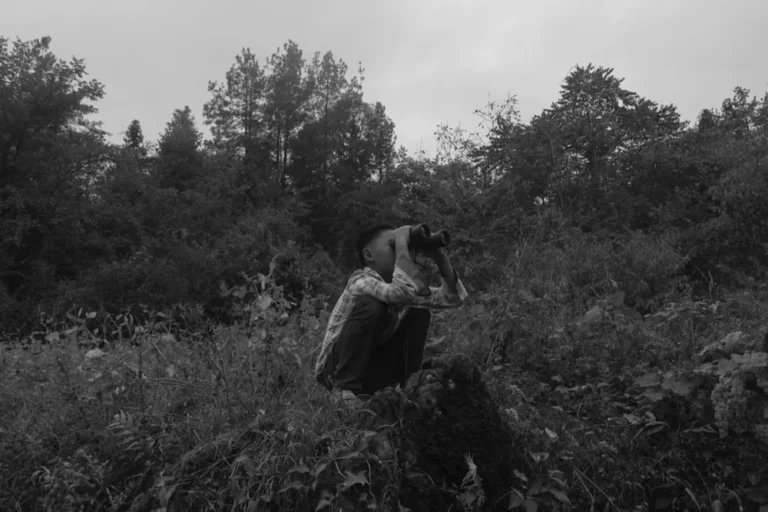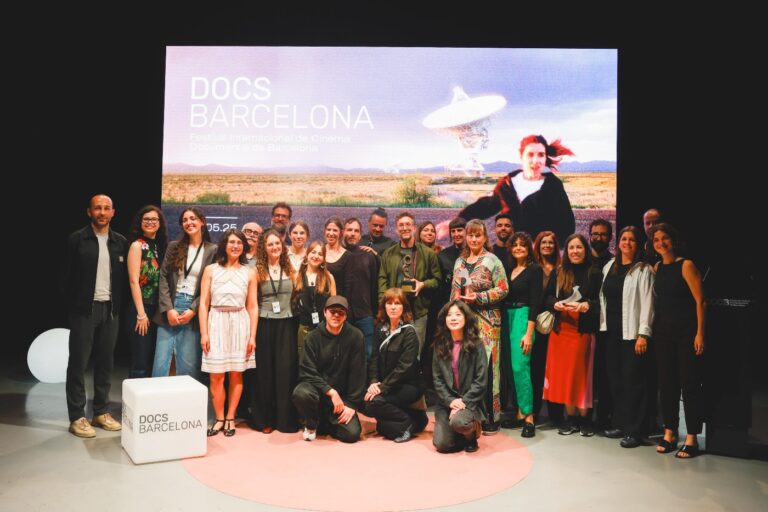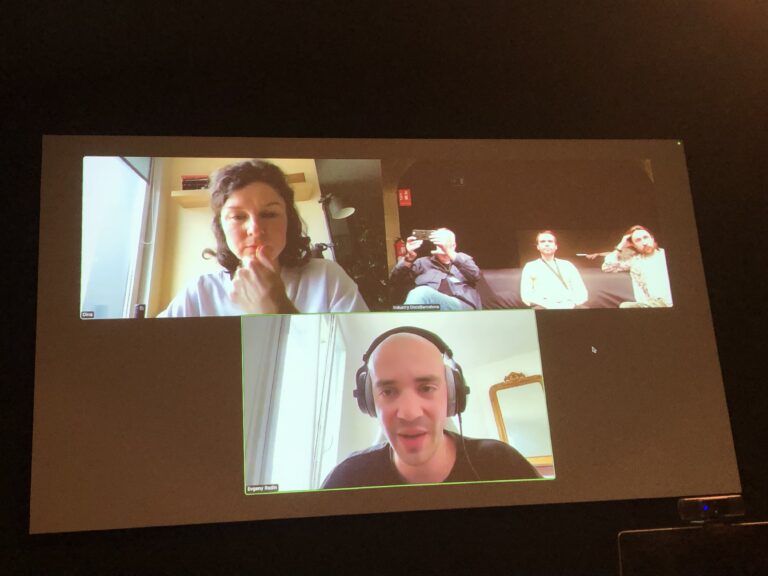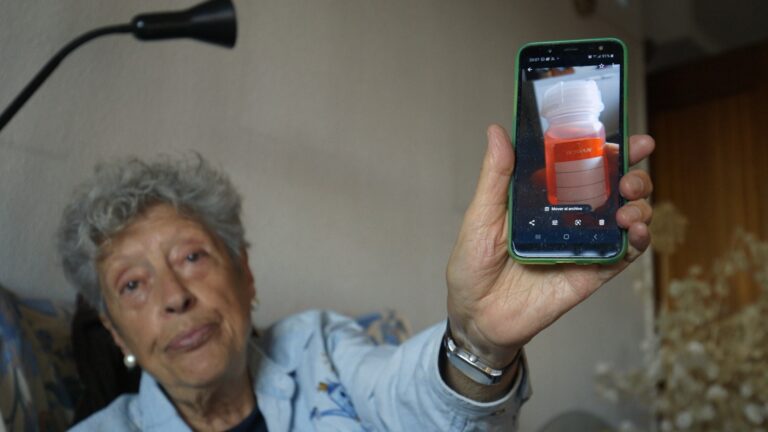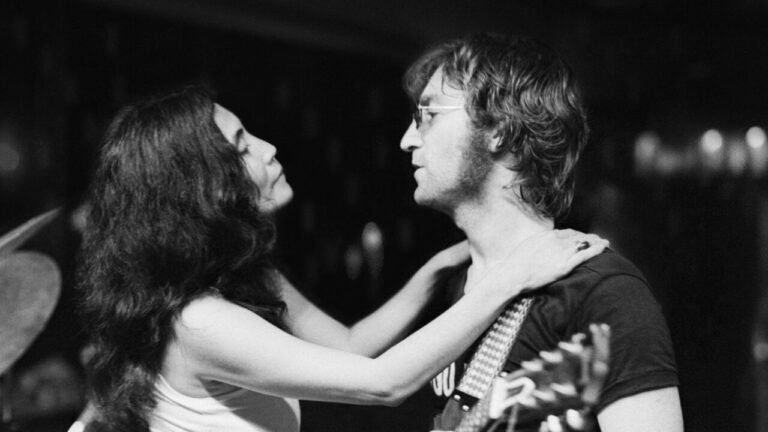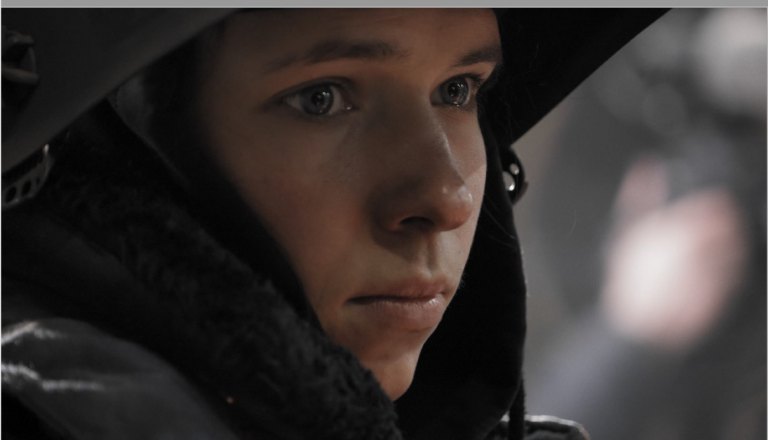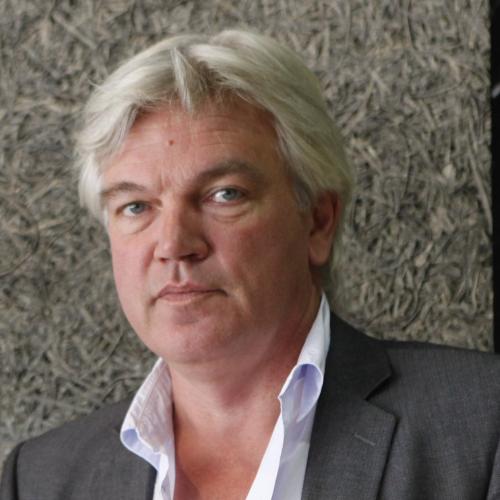Tonight the winners of the DocsBarcelona festival 2025 were announced at the ceremony at the CCCB, that hosted industry activities duirng the festival and some screenings as well. Here is a copy paste from the festival’s website:
THE FESTIVAL SURPASSES 11,000 ATTENDEES IN ITS PROVISIONAL TALLY AND 800 ACCREDITED PROFESSIONALS
DocsBarcelona today awarded the prizes of its 28th edition at the Centre de Cultura Contemporània de Barcelona (CCCB). Forty-eight films, eleven of them world premieres, contribute to a provisional total—pending the final two days—of 11,000 spectators across the festival’s six venues (the CCCB, Renoir and Phenomena cinemas, the Filmoteca de Catalunya, Casa Montjuïc, and Espai Texas), consolidating the upward trend recorded in 2024, a record year with a 60% increase in attendance. This year, the festival sold out ten screenings and brought around fifty filmmakers to the Catalan capital.
“On this 28th edition, dedicated to archive and memory, we will finish with an 18% increase in in-person attendance. We have added two new venues, reaffirming documentary film as the centerpiece of a cultural space rooted in the city. With forty-one Q&As and enthusiastic public participation, we have generated debate, emotion, and connection. This edition has been a celebration of documentary film as a place for collective reflection and shared experience,” highlights Maria Colomer, Co-Artistic Director and Head of Programming of the festival.
DocsBarcelona Industry, its professional market, has also grown, supporting fifty-eight projects in development and registering over seven hundred professionals from thirty-six countries.
“It is a privilege to see how DocsBarcelona continues to be both a space where professional relationships are forged that directly impact the productions of coming years and a forum for thought and reflection on nonfiction. The market reaffirms itself as the main driving force of the nonfiction industry in Catalonia and Spain,” recalls Èric Motjer, Co-Artistic Director and Head of Industry of DocsBarcelona.
La memoria de las mariposas, a tribute to the indigenous victims of the Peruvian rubber trade, which filmmaker Tatiana Fuentes connects to her own family, crowns this edition’s awards with the Docs Award for Best Film. The Official Jury, composed of Montse Triola, Ana Pfaff, Fito Castillo, and Joost Daamen, praised “the re-signification of images, both in the contemporary context and within the film itself, appealing to historical memory and reparations.The Docs Award for Best Catalan Film went to Grup natural, an empathetic and constructive look at adolescence by Nina Solà. “What initially appears as the portrait of a very specific institution becomes a universal, fun, and fresh film that never infantilizes its protagonists,” reads the verdict of the Docs&Cat Jury, made up of Adrià Lahuerta, Elena Molina, and Adrián Silvestre. Eligible were the Catalan productions in the festival, sponsored by La Xarxa Audiovisual Local (XAL). The Docs Public Award – Moritz also honored a Catalan documentary, Mares, by Ariadna Seuba, the journey toward motherhood of two women, full of hopes and frustrations.
The Official Jury granted three more awards. The Docs New Talent Award – Filmin, reserved for first features, recognized “the vital perspective on a mature and complex relationship in the twilight of both characters” of Two Strangers Trying Not to Kill Each Other, by Jacob Perlmutter and Manon Ouimet. The Docs Antaviana Award went to Timestamp, by Kateryna Gornostai, for “its persistent gaze on future generations of a country at war and its normalization within the educational system,” an homage to the daily struggle of students and teachers to keep schools open amid the war in Ukraine. Always, the beautiful debut by Deming Chen, received one of the festival’s new awards, the Docs Editing Award – AMMAC, “for its precise, observational approach to the ordinary, allowing an extraordinary poetic story to emerge.”
For the first time in the awards lineup, the Docs Journalistic Relevance Award – El Periódicowas presented to The Dialogue Police, by Susanna Edwards, with a Special Mention to Facing War, by Tommy Gulliksen.
Mr Nobody Against Putin, by David Borenstein and Pavel Talankin, a witness to the transformation of a Ural school under Vladimir Putin’s new “patriotic education” policy, received the Amnesty International Catalonia Award, recognizing the film most committed to the defense of human rights.
Youth juries contributed four more winners to the 28th DocsBarcelona lineup. The DOC-U – 16nou Award went to the short Al rojo vivo. The Doc Around Europe Award was given to How Did I Get Here, 2unbreakable received the Docs&Teens Award by the teenage audience. The Young Jury Award – Reteena went to Khartoum.
Rounding out the awards is the verdict of the 2024 audience from the network of 70 Docs del Mes venues, DocsBarcelona’s circuit programming, which granted the Docs del Mes Award to Echo Of You. The Docs d’Honor Award, presented at the festival’s opening in recognition of the career achievements of outstanding professionals in documentary film history, was this year awarded to German producer Heino Deckert.
DocsBarcelona 2025 Award Winners
- Docs Award for Best Film: La memoria de las mariposas
- Docs Award for Best Catalan Film: Grup natural
- Docs New Talent Award – Filmin: Two Strangers Trying Not to Kill Each Other
- Docs Antaviana Award: Timestamp
- Docs Editing Award – AMMAC: Always
- Docs Journalistic Relevance Award – El Periódico: The Dialogue Police
– Special Mention: Facing War
- Docs Public Award – Moritz: Mares
- DOC-U – 16nou Award: Al rojo vivo
- Doc Around Europe Award: How Did I Get Here
- Docs&Teens Award: 2unbreakable
- Young Jury Award – Reteena: Khartoum
- Docs del Mes Award: Echo Of You
- Amnesty International Catalonia Award: Mr Nobody Against Putin
- Docs d’Honor Award: Heino Decker



